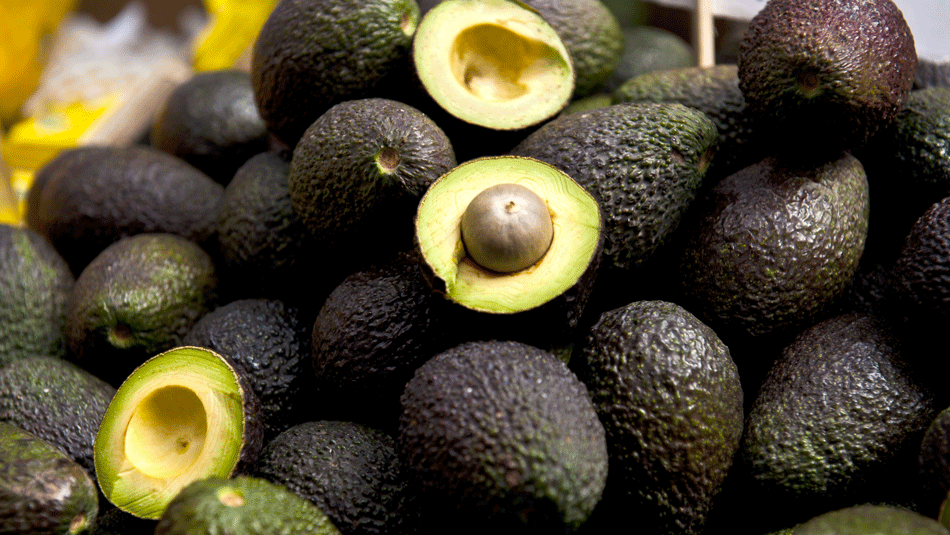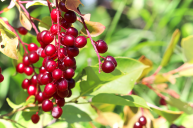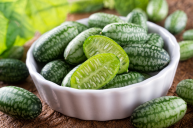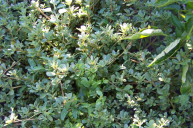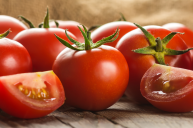Seedless avocados may be a new food innovation, but if it weren't for those pesky pits and the giant sloth, we wouldn't have avocados at all. Wait, what? Giant sloths? You read that right. Like the entirety of Joshua Tree National Park, we have the sloth's digestive system to thank for gifting us this creamy fruit.
Videos by Wide Open Country
I know what you're thinking, how could something without opposable thumbs possibly produce food like a farmer? Okay, maybe that wasn't exactly what you were thinking, but I'm guessing you're a tad puzzled - as you should be. To put it in layman's terms, they simply ate and pooped.
In a recent Twitter post by The American Museum of Natural History, the museum explains that the giant sloth, or Lestodon, is one of the few animals that had the ability to eat an entire avocado, pit and everything. It would then disperse the big seeds through its droppings.
Next time you eat guacamole, thank a giant ground sloth: the Lestodon! These 15-ft animals ate avocado whole, traveled, and then pooped, depositing the pits in new places. Most mammals couldn't handle large seeds, so it was up to megafauna to disperse (and fertilize!) avocados. pic.twitter.com/uBpAqQqgRg
— American Museum of Natural History (@AMNH) December 29, 2017
Without the giant sloth, avocados quite possibly could have gone extinct. In order for wild avocados to grow, they needed a propagator. The seeds had to be dispersed far away from the parent plant where it was able to sprout and grow freely. If the seeds were to simply drop from the tree, the parent plant would take up all the resources, eventually causing new growth to die off before it could grow into a full, fruit-bearing tree.
The symbiotic relationship between giant sloth and avocado not only allowed avocados to flourish, but it may even be responsible for why avocados have such large pits and fatty flesh - it's sloth food.
As disgusting as it may sound, this isn't the only food produced this way. Like bee's pollinating crops, animal seed dispersal is a common occurrence. One of the world's most expensive coffee beans was the product of elephant dung, foxes have been responsible for spreading raspberries, and monkeys have spread figs all through seed dispersal - or pooping in less fancy terms. If you're having a hard time digesting this - no pun intended - think about manure. The rich nutrients in animal manure allow crops to thrive. It's not pretty, but it's what nourishes the food that will then nourish us.
So next time you're munching on your avocado toast or making a bowl of guacamole, say a little thanks to the giant sloth. Now where did I put those tortilla chips?
